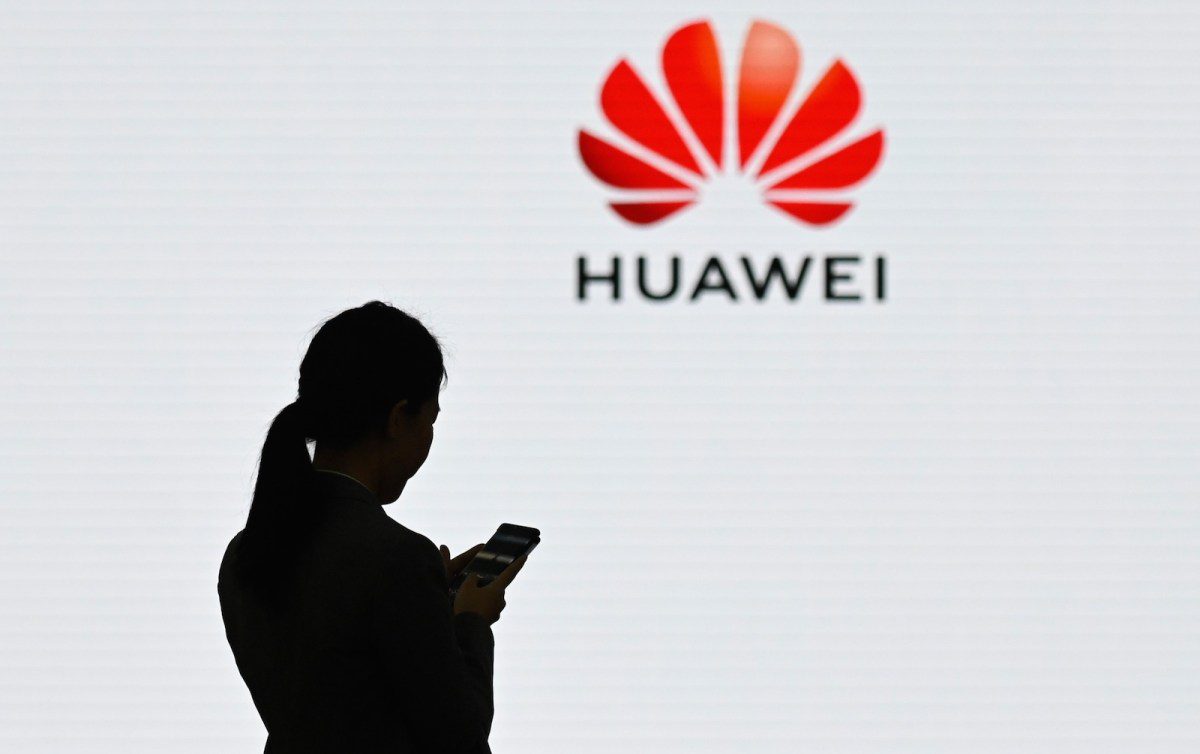Global Courant 2023-05-03 22:48:11
The founder and CEO of Huawei Technologies has said that the company will focus on the industrial use of artificial intelligence (AI) technology in the coming years, rather than following in the footsteps of Baidu and Alibaba and investing heavily in chatbots .
A detailed example of his thinking came on February 24 when Ren Zhengfei addressed students at a forum at the Advanced Industrial Technology Research Institute of Shanghai Jiaotong University.
In the future, he said, 98% of AI applications from the giant Shenzhen telecommunications equipment manufacturer will serve industrial and agricultural needs, while only 2% will serve consumers directly. Because of this, Huawei will not put much effort into developing ChapGPT-like applications, he said.
On the same occasion, Ren said that the company will set up a cloud-based system simulation lab in Russia’s Saint Petersburg and connect it to its cloud hub in Guizhou. He said Chinese academics will be given free computing resources to conduct their experiments.
In an opening speech, Ren commented on the US sanctions. Global Courant provides the following partial translation:
When I was young I greatly admired the West because Western science and technology were so advanced. After the founding of Huawei, I remained pro-Western. At that time, we put forward a slogan: “Use the best parts and tools in the world to build the best products in the world.” And we have achieved it.
But then we were sanctioned. People couldn’t sell us parts and tools. We were stuck, because the best components in the world usually come from the US.
In fact, I’m still not against the US. If we want to become the most advanced, we must learn from the advanced.
The soft power of the US in science and education will remain beyond our reach for decades. In recent centuries, the innovative soil of the US has not deteriorated.
Fortunately, we have spent nearly 20 years preparing in basic theory and invested hundreds of billions of renminbi to train a group of scientists and technical experts.
In the past three years, we have replaced more than 13,000 foreign parts with Chinese ones and redeveloped more than 4,000 integrated circuit boards. Now the production of our integrated circuit boards has stabilized.
In April, we will launch MetaERP (an enterprise resource planning software product), which is built with our own operating system, database, compiler and language. (The system was launched on April 20.)
We have gradually overcome the embarrassing supply interruption.
In the past, we collaborated with Western universities for our research projects. We have entered into a partnership with more Chinese universities.
Huawei founder and CEO Ren Zhengfei. Photo: Global Courant Files/AFP/Hector Retamal
Ren also answered some questions from the audience.
Q (Student): What is your opinion on the development of AI chatbots?
A (Ren Zhengfei): In the future, the direct contribution of AI platforms to human society may be less than 2%, while 98% will serve industrial and agricultural society. And AI services also rely on 5G technology.
The reason why Germany is so supportive of Huawei’s 5G is because it wants to upgrade its industry with AI.
In China, a Xiangtan Iron and Steel Group factory has unmanned processes from steelmaking to rolling. Tianjin Port has also realized unmanned loading and unloading of goods. With 5G+ AI technology, a coal mine in Shanxi province reduced the number of underground workers by 60-70%. Most employees now wear suits in the control room.
We pay attention to the AI applications that serve industrial and agricultural society. But we only develop the underlying computing platform, not the applications.
Q: Using commercial databases in experiments may raise privacy concerns. What is your opinion?
A: We have a project aimed at managing tens of millions of servers with a single operating system. I got the team members of the project, mainly young people, to brainstorm and explore. They have now created a system that can manage hundreds of thousands of servers.
Our algorithms are aimed at reducing the frictions of a lot of data traffic. We only provide a “black earth” underlying platform and do not develop apps for customers, who owe the data and have the ability to understand it.
In the future, we will start some projects that are not related to Huawei’s companies, just like Google is doing. But right now we don’t have the money. If we have more profit, we will contribute more to scientific research.
Q: Many mathematicians have recently joined Huawei. What is the company’s plan?
A: Mathematics will become more and more important in the future. AI is all about algorithms, which is math.
We are going to set up a system simulation lab (with a lot of data traffic) in Saint Petersburg, which has many excellent mathematicians and physicists.
The lab will be like a “digital wind tunnel” where we can have system modeling, analysis, simulation, testing and optimization to accelerate our research and development.
We are also going to set up a mirror laboratory in us cloud data center in Gui’an.
You (Chinese academics) can do experiments here on various topics such as wireless, network, computers, digital energy, supply, manufacturing and materials.
For large-scale modeling experiments, you can simulate the scene, rather than using a real scene from a customer (a commercial company). You can come and do your experiments, take your achievements and publish them in your newspapers and books.
You do not need to acknowledge our employees, they have already been paid. We will read and process your articles and try to commercialize your scientific achievements.
Read: Huawei seeks ‘China solution’ for global green ports
Follow Jeff Pao on Twitter at @jeffpao3
Similar:
Loading…








